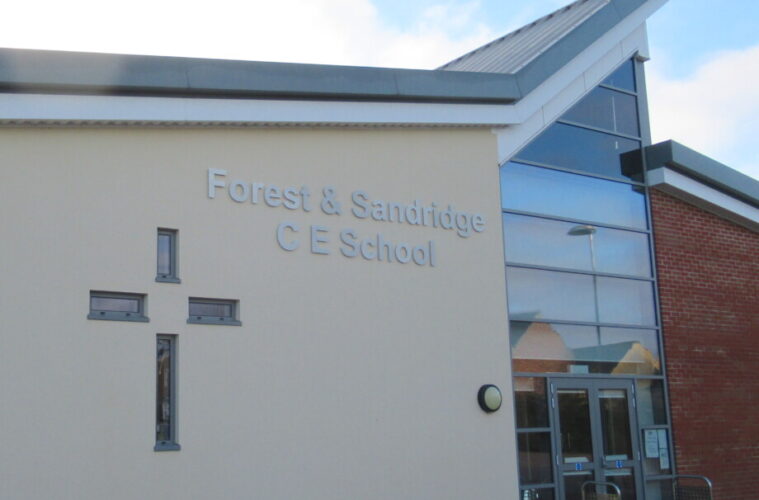Wiltshire Council leaders will be asked to approve a school capital programme of up to £10m to ensure sufficient places for the future for Wiltshire school children.
At a cabinet meeting on 16 March, councillors will also be asked to sign off £3.5m in maintenance projects for schools that are still under local authority control such as community, foundation and voluntary controlled schools.
The spend programme fits into the wider school places strategy to ensure sufficient places for where there is need. Funding for the capital build comes from the Department for Education (DfE), from Section 106 payments – where developers pay towards a scheme when completing developments – and from Wiltshire Council, where required.
Schools earmarked to benefit from the new capital funding include Forest and Sandridge Primary in Melksham, which will expand; Bishops Cannings Primary, which will see the replacement of end of life mobile block with permanent buildings; Marlborough St Johns, which will benefit from secondary expansion; and a new school block at The Stonehenge School.
Lucy Townsend, Corporate Director People, said, “We have a statutory duty to provide sufficient school places to meet the demand across Wiltshire. Our Wiltshire School Places Strategy identifies where there is a need for capital investment in the short, medium and longer term, and these proposals mean these priority works can be progressed.”
The council receives annual capital funding allocations from DfE for basic need (new places) and condition (school capital maintenance). Capital maintenance relates to urgent and essential structural works, such as roofs, walling, windows, drainage etc in addition to plant (electrical and mechanical works, and heating and lighting).
All other day to day maintenance works and low level cost works are the schools’ responsibility, funded from their delegated or devolved funds.
At Full Council in 2020 it was agreed to allocate a further £5m of council funds to school maintenance each year for the five years from 2020/21 years. This will help to stem the decline of the school building stock and enable some of the historical backlog of works to be addressed.
Full Council in February 2020 also approved £100,000 a year over the next 10 years to support the admission of pupils with disabilities to schools. This will fund ramps, handrails, accessible toilets and similar works in mainstream schools to support inclusion.
Section 106 contributions play an important part in school builds, and since 2013 Wiltshire Council has received approximately £48m in Section 106 contributions for new school places.
In March 2020, Cabinet approved a list of 35 large planned maintenance projects, including roof replacements, full rewires and heating system replacements. All of these projects were successfully completed despite COVID-19 restrictions, bar one which was deferred. In addition, £800,000 was set aside to fund reactive/emergency works, including those identified through ongoing servicing. This resulted in 83 additional projects at schools, ranging from boiler replacements to drainage works. This has been well received by schools.
The cabinet report also sets out how in the 40% of schools maintained by the council, innovations and green technologies are being harnessed with the installation of LED lighting, energy saving heating solutions and application of ‘warm roofs’ when replacing old flat roofs to increase the thermal values. In the future, new schools will be designed and built to be carbon neutral.


